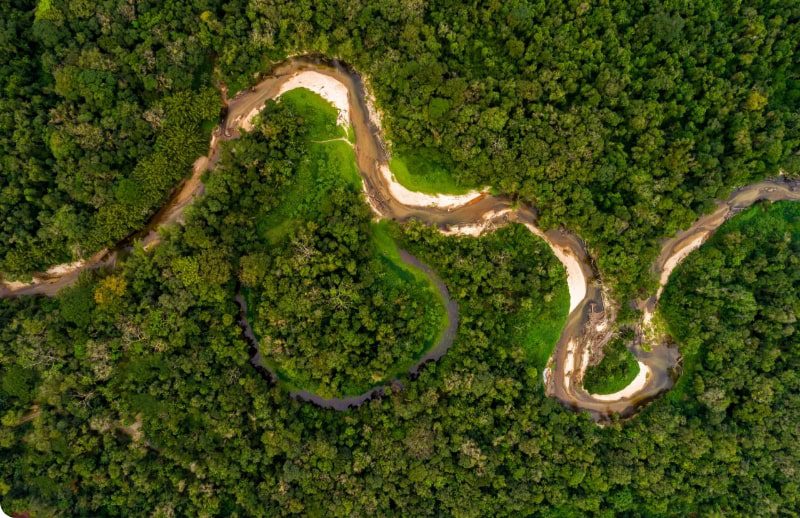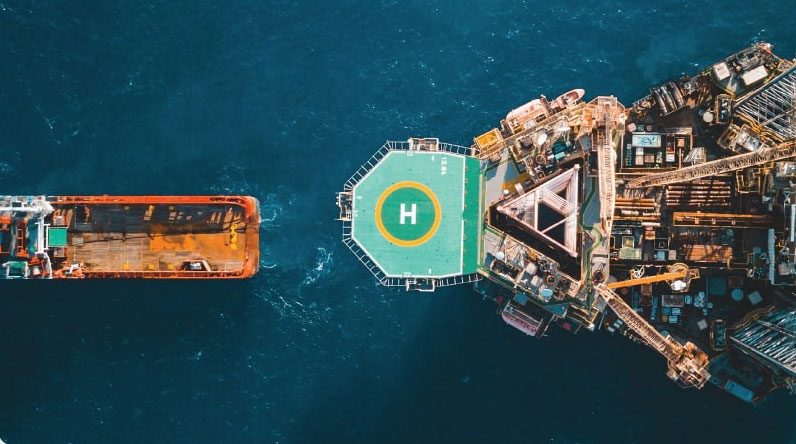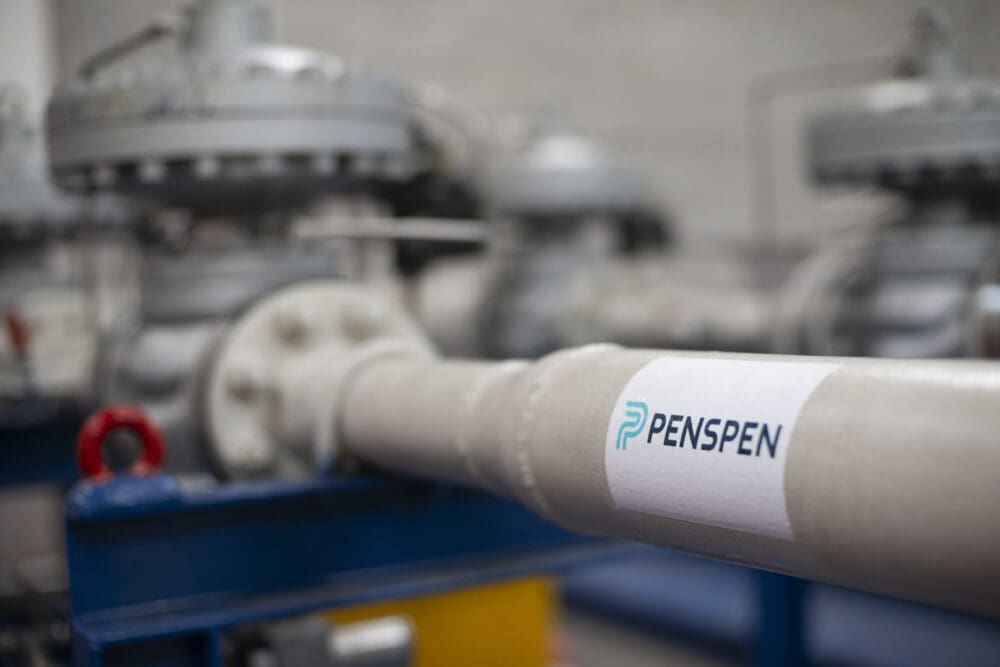Is your organisation looking to optimise the transport of captured CO2 from industrial sources? Discover how addressing the unique challenges of anthropogenic CO2 can transform your approach.
In the latest issue of Dar Magazine, Senior Energy Transition Consultant at Penspen, explores the intricacies of transporting anthropogenic CO2 – carbon dioxide emissions produced by human activities – for carbon capture, utilisation, and storage (CCUS). The article delves into the significant differences between natural and anthropogenic CO2, highlighting the challenges posed by contaminants in industrial CO2 streams. He also provides essential design considerations for CO2 pipelines, tackling issues such as hydrate formation, acid and salt formation, and material compatibility.
Read the full article on page 30 and gain valuable insights into effectively managing CO2 transport challenges and ensuring the integrity of your energy infrastructure.
View ArticleRelated Insights
Curiosity, Commitment, and Corrosion: Our People – Yureis Villasmil
Passionate about personal development, integrity engineer Yureis shares how her her work contributes to the safe and sustainable delivery of energy throughout Latin America. ...
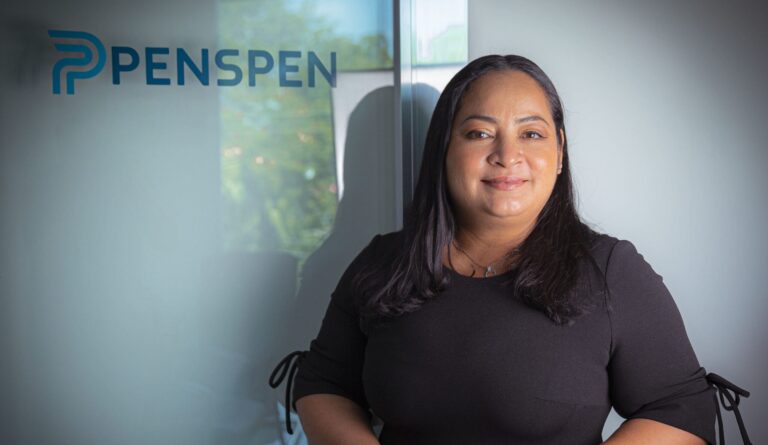
Development and Implementation of Asset Integrity Management Systems
In the case of facilities, integrity management is somewhat more complex than for pipelines, due to the nature and complexity of these types of assets, which distinguish them from a main...
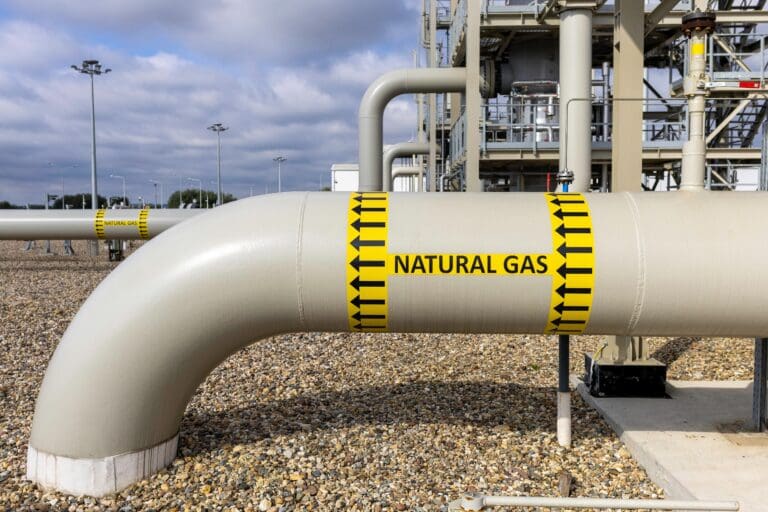
Pipeline Performance vs Dust
In the latest integrity issue of World Pipelines, Penspen Asset Integrity experts explore how dust impacts the integrity, reliability, and safety of gas transmission and distribution systems, and...

A New Landscape: Our People – Nick Molnar
Nick is a Senior Pipeline Integrity Engineer at Penspen. Since joining the team in November 2024 and relocating from Canada to Abu Dhabi, he’s been an integral part of Penspen’s Centre of...

